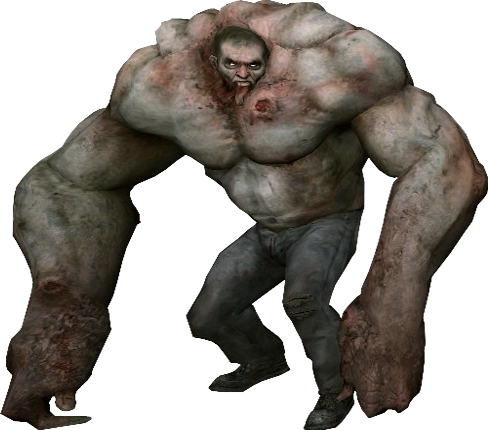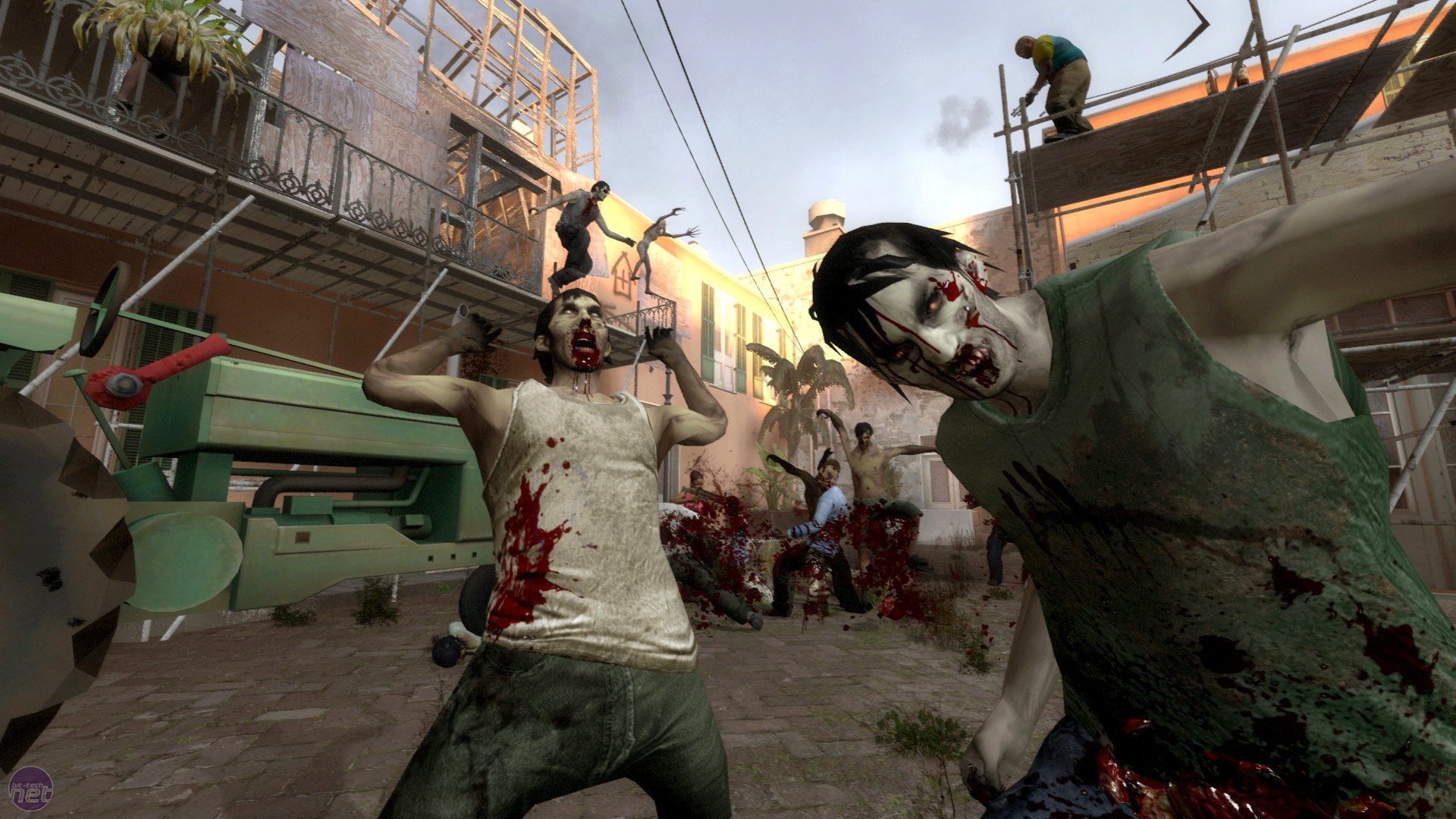I would probably have to go with the Lazar from Death Gate Cycle. We'd already seen zombies by this point, but they were just flesh golems that the people of the world they were on used for labor. A lazar happens when someone is raised too early and their soul hasn't left their body completely yet.
What you end up with is something like a bipolar Lich, where the soul floats in and out of their body, switching their appearance from the usual skeleton look to "somewhat alive looking", and this comes with moments of having a conscious.
Meanwhile, the rest of the time they're trapped in a state between life and death where the mere presence of either is painful to see, and as such they barely tolerate it up until the point they get violent. This whole unpredictable "When are they going to snap" is what puts them ahead of Night Angel Trilogy's Strangers for me, where their form of progressively more powerful and demonic undead forms based around an increasing number of corpses (with the upper echelons being comprised of magnitudes of dead) are just a bit more easy to read with the whole "If you leave one in a room with a human and the orders not to kill them or they will be put down, they'll kill the human every time".
Plus, the fact that lazar cannot be killed by anything sort of a certain spell, and the fact that raising any dead, zombie, lazar, or whatever Hugh the Hand ended up being, means that someone else dies elsewhere, their wholesale slaughter of the remains of a world's population and subsequent raising of them as lazar implying a much greater deathcount that spread beyond their world really managed to put them on equal footing with the Serpents in that series.
TVtropes hits the nail on the head here when they say that these guys basically combine the worst of zombies, liches, and a small bit of vampires with their mythos that's just unsettling to have them in the room (and it gets even worse when you dive into one of their heads in certain chapters and see just how they think).
Mostly though it's that for several of the lazar, you get to see the shades of their humanity that's left behind mixing with what you'd typically think of from an angry intelligent undead, meaning you get that sense of "aware but helpless to stop it" fear mixing in with something intelligent and patient about bringing about the end of anything mortal. Add this to the fact that they're not always threatening means that they get to hover around scenes being a constant (potential) danger with an unknown timer hanging over everything.
What you end up with is something like a bipolar Lich, where the soul floats in and out of their body, switching their appearance from the usual skeleton look to "somewhat alive looking", and this comes with moments of having a conscious.
Meanwhile, the rest of the time they're trapped in a state between life and death where the mere presence of either is painful to see, and as such they barely tolerate it up until the point they get violent. This whole unpredictable "When are they going to snap" is what puts them ahead of Night Angel Trilogy's Strangers for me, where their form of progressively more powerful and demonic undead forms based around an increasing number of corpses (with the upper echelons being comprised of magnitudes of dead) are just a bit more easy to read with the whole "If you leave one in a room with a human and the orders not to kill them or they will be put down, they'll kill the human every time".
Plus, the fact that lazar cannot be killed by anything sort of a certain spell, and the fact that raising any dead, zombie, lazar, or whatever Hugh the Hand ended up being, means that someone else dies elsewhere, their wholesale slaughter of the remains of a world's population and subsequent raising of them as lazar implying a much greater deathcount that spread beyond their world really managed to put them on equal footing with the Serpents in that series.
TVtropes hits the nail on the head here when they say that these guys basically combine the worst of zombies, liches, and a small bit of vampires with their mythos that's just unsettling to have them in the room (and it gets even worse when you dive into one of their heads in certain chapters and see just how they think).
Mostly though it's that for several of the lazar, you get to see the shades of their humanity that's left behind mixing with what you'd typically think of from an angry intelligent undead, meaning you get that sense of "aware but helpless to stop it" fear mixing in with something intelligent and patient about bringing about the end of anything mortal. Add this to the fact that they're not always threatening means that they get to hover around scenes being a constant (potential) danger with an unknown timer hanging over everything.






